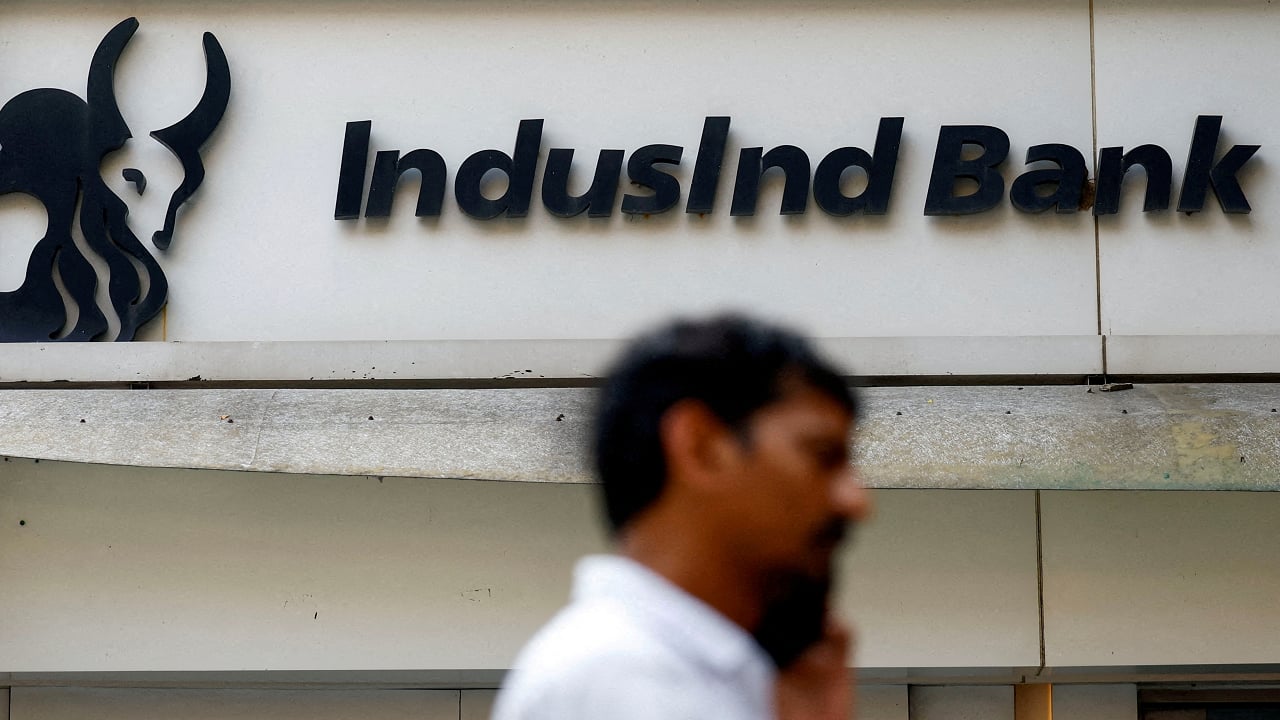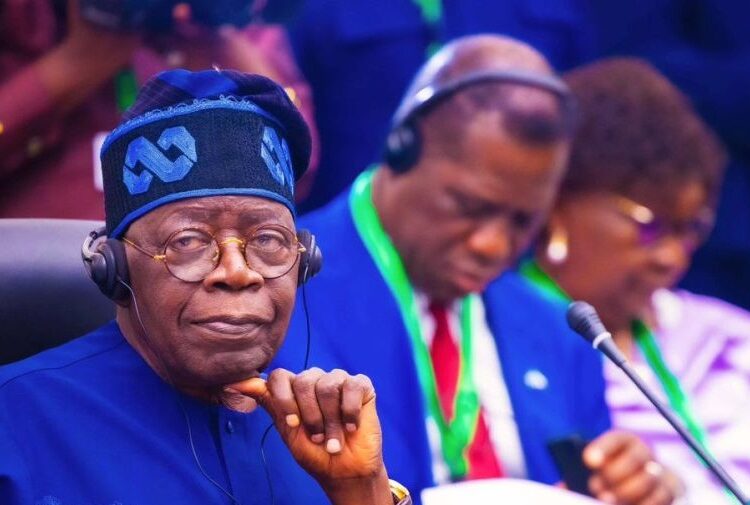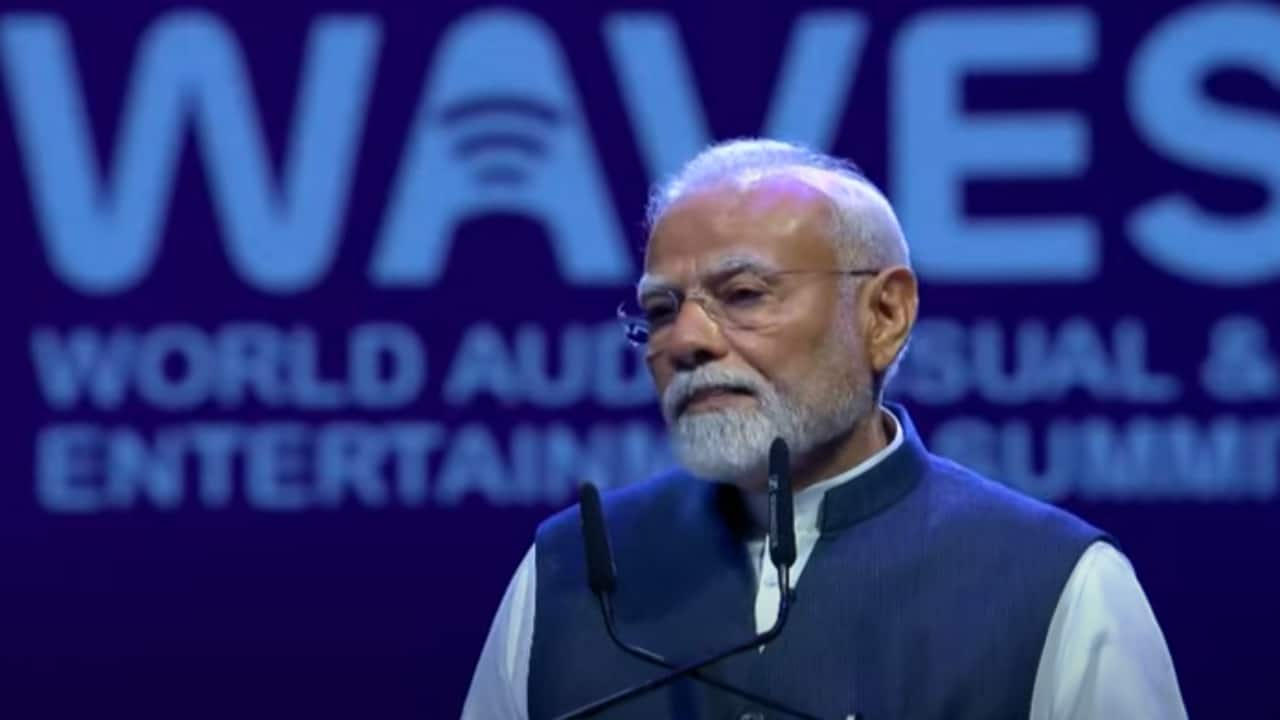An investigation has revealed that former deputy chief executive of IndusInd Bank, Arun Khurana, was aware of the incorrect accounting of derivative trades that created a nearly Rs 1,959 crore deficit in the bank's finances. Mint reported sources as saying that the probe by accounting firm Grant Thornton uncovered email evidence showing Khurana knowingly ignored warning signs and red flags raised by the finance department. Khurana resigned on April 28 — two days after Grant Thornton submitted its incriminating report to the bank's board.
He had joined IndusInd in November 2011 after working at Royal Bank of Scotland in Singapore. The fallout of the report has been swift. After Khurana's departure, bank's Chief Executive Sumant Kathpalia resigned on Tuesday , stating he was taking "moral responsibility" for the failures.

The Reserve Bank of India has since authorized IndusInd Bank's board to establish an executive committee to manage the bank following Kathpalia's resignation. Mint reported that the bank has shortlisted headhunting firm Spencer Stuart to search for a new chief executive. The scandal first came to light when IndusInd Bank announced on March 20 that it had hired an independent firm to investigate discrepancies in its books.
Three days later, Reuters reported that Grant Thornton was the firm conducting the forensic review into the accounting lapses. The report was submitted on April 26. Following this, the bank informed the exchanges on April 27 that the report showed an approximate impact of the adverse accounting at Rs 1959.
98 crore as on March 31. The bank also stated that the issue lay in “incorrect accounting of internal derivative trades" and that the roles of key bank employees was taken into account. Sources told Mint that when Grant Thornton's auditors questioned bank employees about the improper accounting practices, "their stories did not match," and the team was trying to understand why trades weren't properly accounted for, to which they couldn't provide satisfactory answers.
These findings contradict Khurana's statements during a March 10 analyst call, where he suggested the problems had risen from adapting to new regulatory frameworks. "It's about a process that was put in place, which we realized now, based on this new framework that we had to adopt on April 1," Khurana told analysts, referring to the Reserve Bank of India's updated norms for classification and valuation of investment portfolios that was issued in September 2023 under the RBI Master Direction - Classification, Valuation and Operation of Investment Portfolio of Commercial Banks (Directions), and came into force on April 1, 2024. Since 2013, IndusInd has used Calypso Technology's platform for managing derivatives trades.
The report cited sources indicating that the accounting discrepancies arose because internal hedges were not properly recorded, which in turn created mismatches that ultimately led to significant financial damage..
















